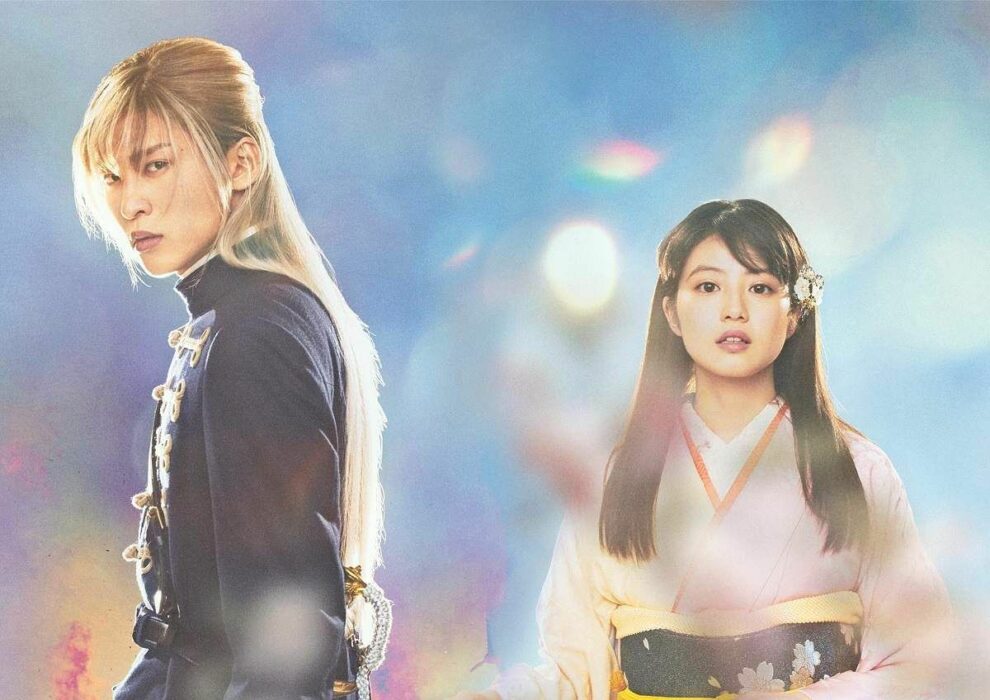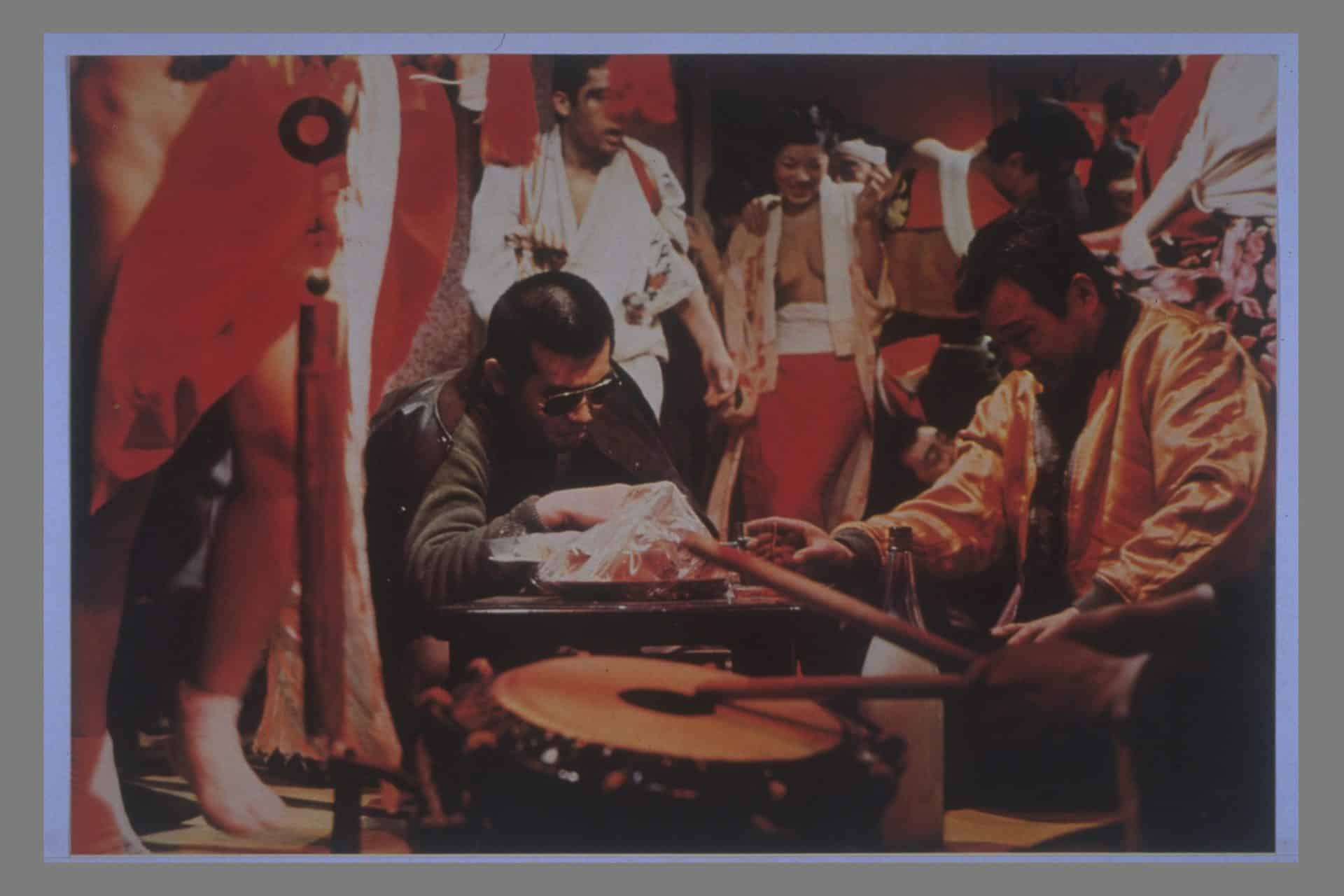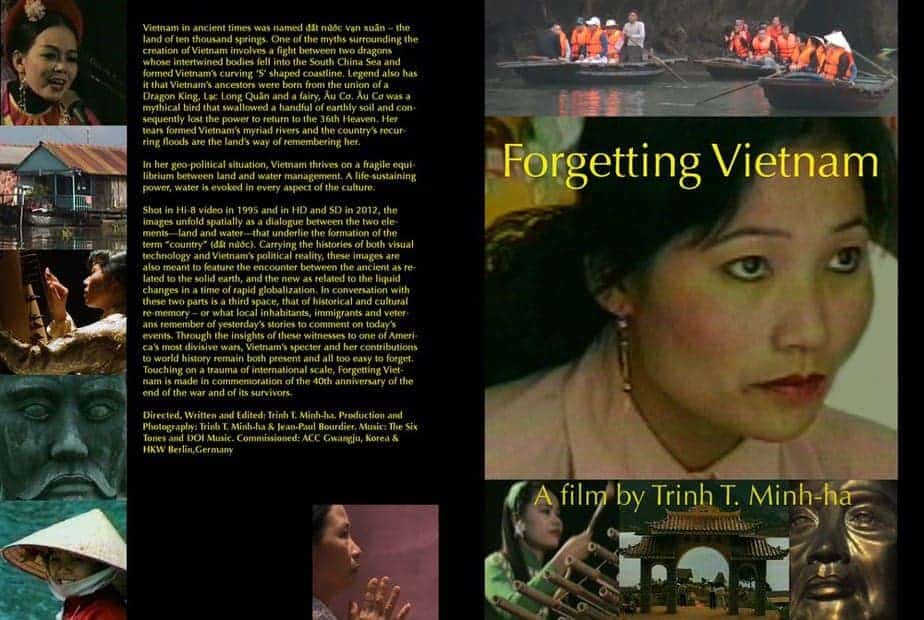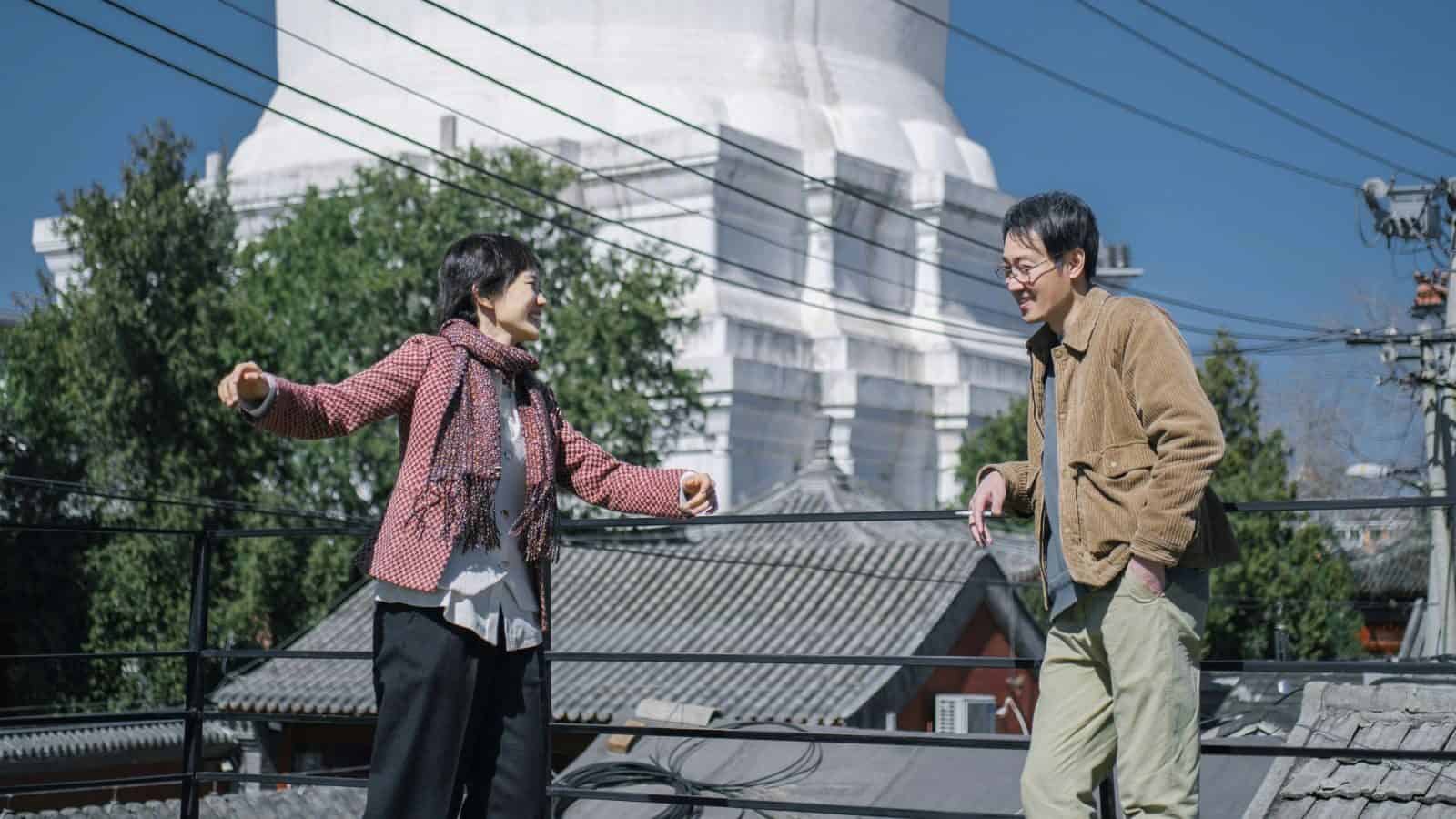“As Long As We Both Shall Live” is part of a “wholesome” franchise, since it started as an online novel titled “My Happy Marriage”, then was published as a light novel series, then a manga, then it became the aforementioned movie and lastly, an anime series, which is still ongoing actually. Featuring a combination of romance, action and family drama, its premises are quite intriguing. Let us see how Ayuko Tsukahara fared in the movie adaptation.
As Long As We Both Shall Live is screening at Fantasia International Film Festival

The story takes place in a fantastical version of 19th century Japan, where we meet Miyo Saimoro, the unfortunate child of a loveless, arranged marriage between her mother, a woman with intense supernatural powers which she used to protect humankind from demonic entities called “Aberrations” and the head of a rich merchant family. Not having any powers herself, a burden she had to carry since childhood, her situation became even worse when, after her mother's death, her father was remarried to a woman who scorned her as much as her own daughter did, Kaya. From then on, Miyo's life was reduced to that of a mere servant.
When she becomes of marrying age, she is arranged to be betrothed to Kiyoka Kudo, a very handsome military captain with intense powers who is accompanied, however, by a rather awful rumor about his character, since he has managed to drive away every one of his potential wives so far. Nevertheless, with the help of his faithful housekeeper, Yurie, who immediately takes a liking to her, Miyo gradually manages to reach his heart, and their mutual feelings start to blossom. However, the danger of the Aberrations still lurks behind every corner, her stepmother and stepsister are not willing to let her enjoy any kind of happiness, while the nightmares that have been tormenting Miyo soon prove to be something completely different.
Check also this interview
Allow me to start with the negatives. As, unfortunately, with a number of adaptations, Ayuko Tsukahara assumes that her audience is already familiar with the original content, and thus does not spend time explaining some details that would make the whole thing more coherent. Secondly, and in another common fault in this type of films, there are too many episodes, characters and in general, events, taking place in the 115 minutes of its duration, in a fashion that detracts from the empathy (or enmity) the audience could have felt for the protagonists.
Apart from these, though, the movie has a number of things working. For starters, the protagonist duo are both quite good in their roles, while their chemistry permeates the narrative every time they appear on it. Mio Imada as Miyo, apart from looking as cute as possible, also highlights her nature of perseverance, with her being willing to endure essentially anything, having adapted to her life of misery, in a way though, that makes the moments when she actually reacts, as impactful as possible. Ren Meguro (from the J-pop band Snow Man) embodies the shojo, somewhat feminine beauty that seems to be so popular in Japan to the highest degree, while his laconic, intolerant demeanor is excellently presented, likewise making the moments when he acts in sensitive fashion quite impactful. The antithetical chemistry of the two works excellent in that regard, in an element that actually carries the movie from beginning to end.
The family drama essentially both, but mostly Miyo, are involved is another intriguing point here, with the way her adopted family treats her, and the concept of how difficult it is to escape your fate, being highlighted in the most entertaining fashion. The latter also seems to torture Kudo, although in a rather different way, with Tsukahara using this common aspect of theirs to justify their eventual feelings for one another.
In terms of production values, the movie is also top-notch. The presentation of the era is majestic, with the job done in the art direction by Eri Sakushima, the costumes by Masae Miyamoto and the overall approach of the SFX resulting in a series of imposing images, either in the traditional houses, or the more progressive barracks. DP Shoji Ehara captures all the aforementioned with artistry, with the scenes where fire takes over being among the highlights of his work. Daisuke Morimoto's editing results in a mid-tempo that suits the aesthetics of the story, which speeds up fittingly during the action scenes, which, unusually, are not the focus here.
“As Long As We Both Shall Live” has its faults, but in the end, emerges as a film definitely worth watching, particularly for its main characters and the romance presented.















